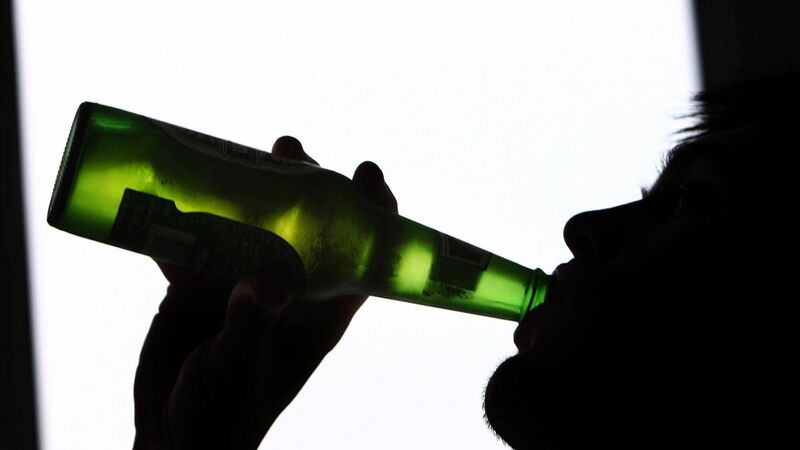Terry Prone: Drinkaware may have had good intentions, but this was so wrong

‘Giving teenagers information about the harm done by excessive drinking is, on the face of it, a good thing. The problem is the sponsorship.’
Try from €1.50 / week
SUBSCRIBE
‘Giving teenagers information about the harm done by excessive drinking is, on the face of it, a good thing. The problem is the sponsorship.’
Done but not dusted. That’s how you might describe the Drinkaware situation.
This paper led on Saturday with a warning letter going from the government to schools telling them that materials and courses sponsored by the alcohol industry should not be used in their classrooms.
Already a subscriber? Sign in
You have reached your article limit.
Annual €130 €80
Best value
Monthly €12€6 / month
Introductory offers for new customers. Annual billed once for first year. Renews at €130. Monthly initial discount (first 3 months) billed monthly, then €12 a month. Ts&Cs apply.
CONNECT WITH US TODAY
Be the first to know the latest news and updates
Newsletter
Sign up to the best reads of the week from irishexaminer.com selected just for you.

Select your favourite newsletters and get the best of Irish Examiner delivered to your inbox
Friday, February 13, 2026 - 11:00 AM
Friday, February 13, 2026 - 11:00 AM
Thursday, February 12, 2026 - 5:00 PM
© Examiner Echo Group Limited